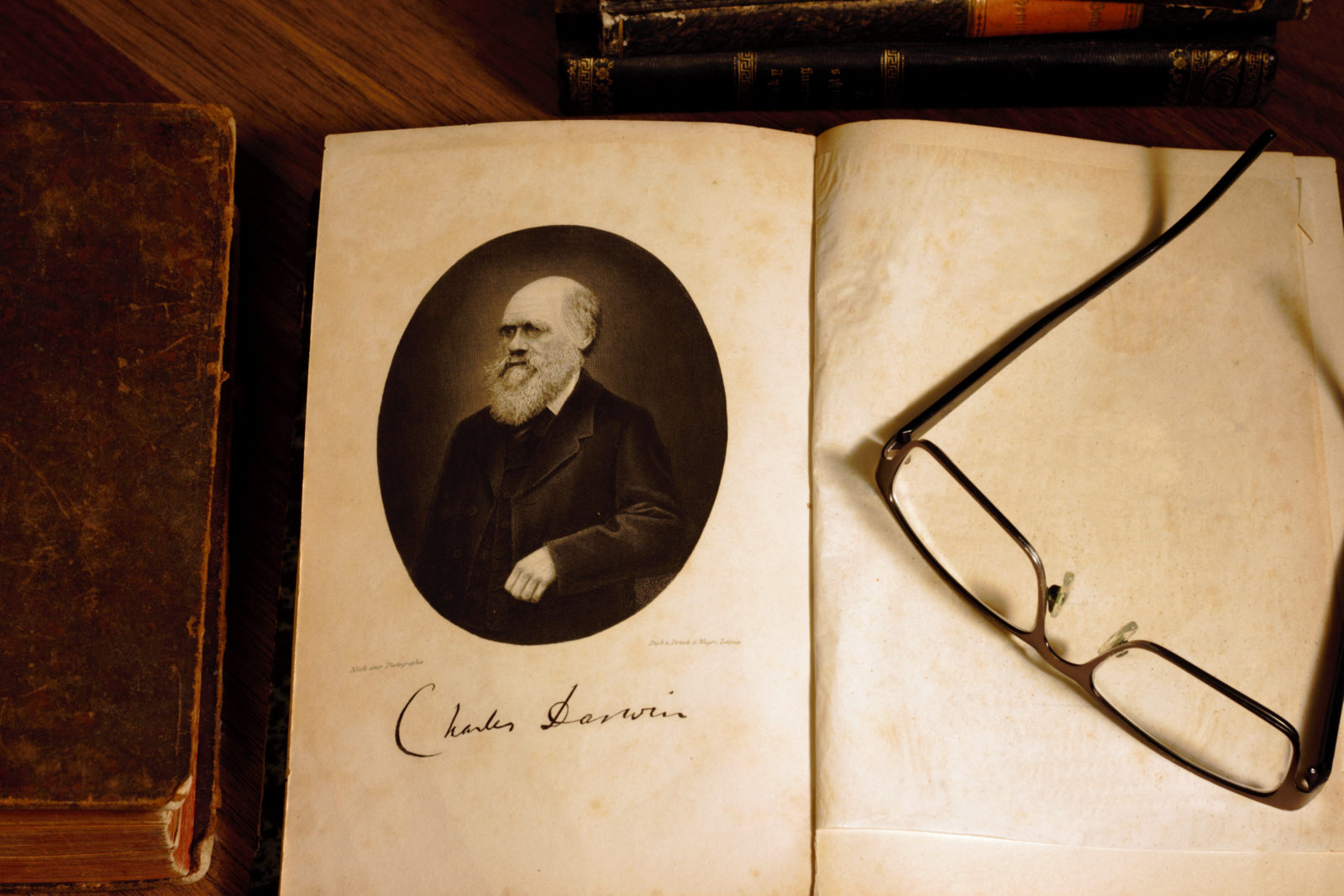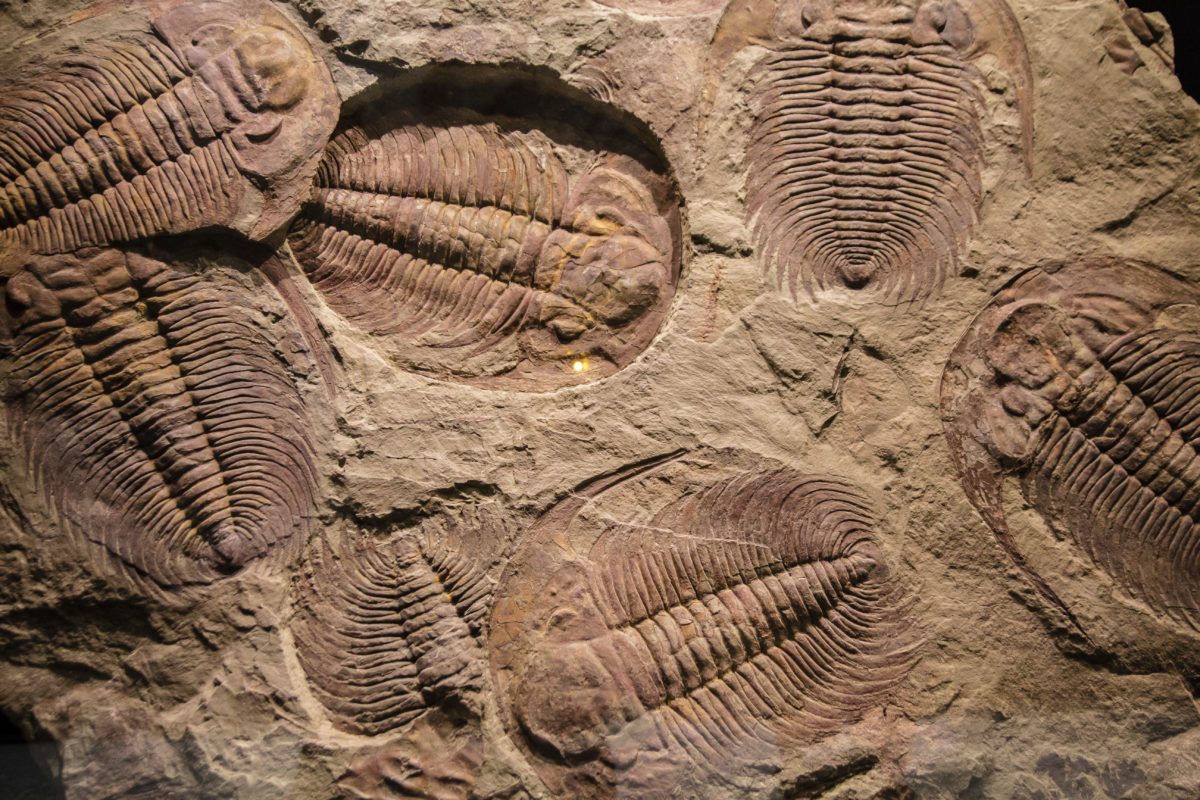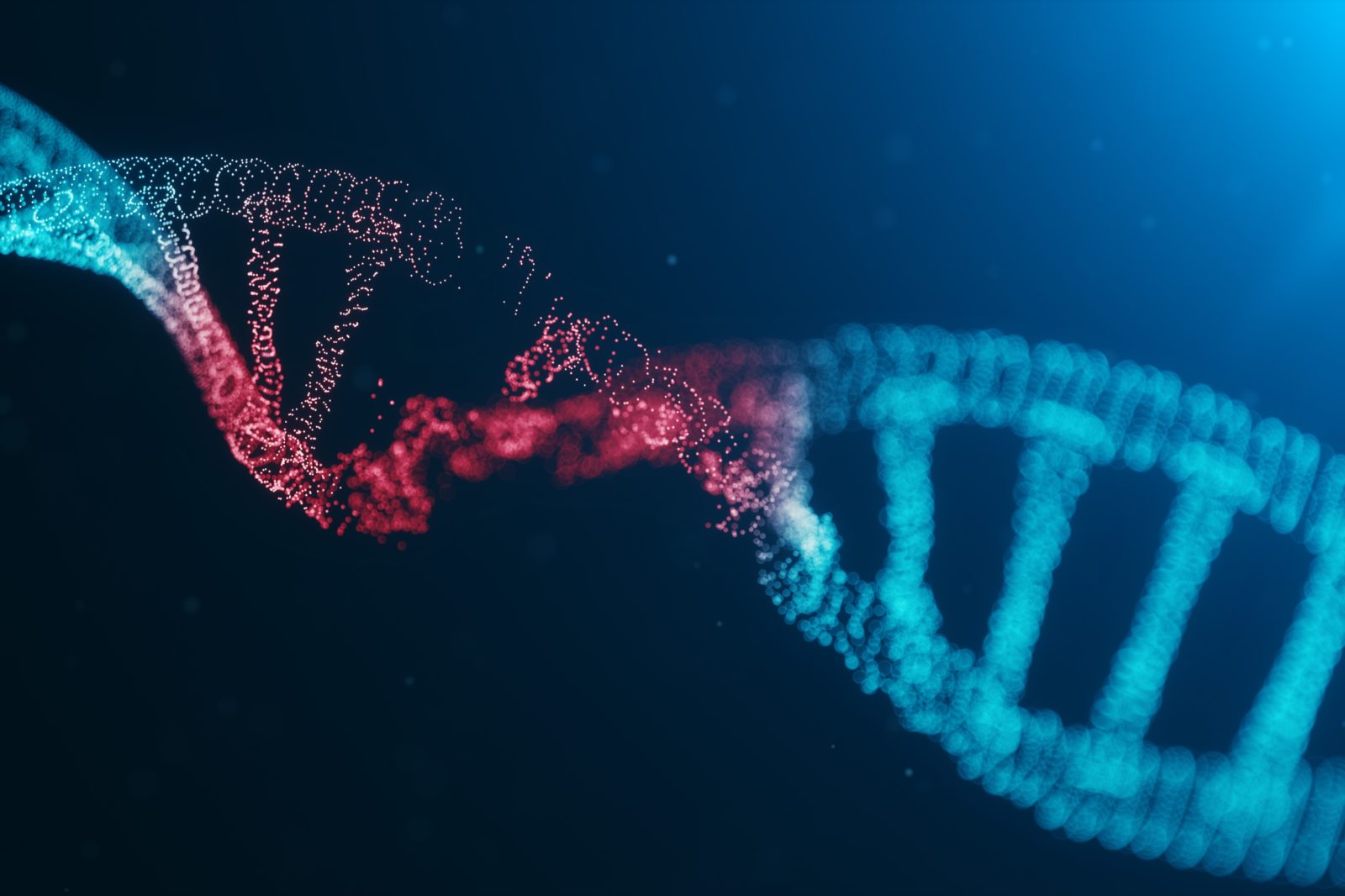


A Darwinist’s Declension (Nude Descending a Staircase)

Peer-Reviewed & Peer-Edited Scientific Publications Supporting the Theory of Intelligent Design (Annotated)

All Those Darwinian Doubts

The Origin of Biological Information and the Higher Taxonomic Categories

Bibliography of Supplementary Resources For Science Instruction
NOTE: On Monday, 11 March 2002, Stephen Meyer and Jonathan Wells of the Discovery Institute submitted the following Bibliography of Supplementary Resources to the Ohio State Board of Education. These 44 scientific publications represent important lines of evidence and puzzles that any theory of evolution must confront, and that science teachers and students should be allowed to discuss when studying Read More ›

Selected Journal Articles by Michael Behe
Getting There First: An Evolutionary Rate Advantage for Adaptive Loss-of-Function Mutations Michael J. Behe Biological Information: New Perspectives, edited by R. J. Marks II, M. J. Behe, W. A. Dembski, and B. L. Gordon. World Scientific Publishing, Hong Kong, 450-473. Abstract: Over the course of evolution organisms have adapted to their environments by mutating to gain new functions or to Read More ›